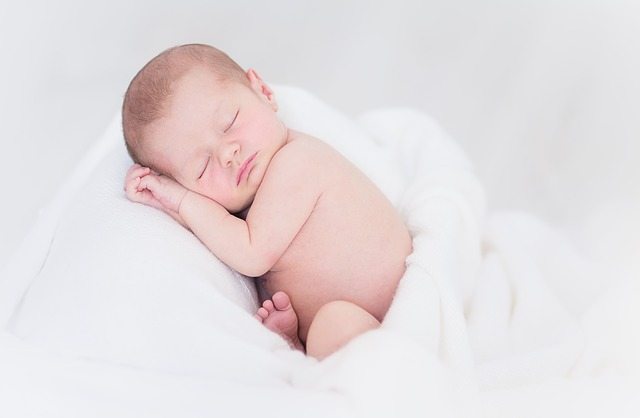A new research analysis has found that babies who are given antibiotics in the first two years of their life are more likely to develop allergies as adults.
The findings came after an extensive analysis of past clinical studies involving nearly 400,000 people.
The new research will be presented at the European Respiratory Society annual meeting on Tuesday in London, with the findings showing a clear risk of eczema and hay fever to develop later in life after an early use of antibiotics.
There have been suggested links between antibiotic use and allergies, but the results were inconsistent.
The latest research involved trawling through 22 studies done between 1966 and 2015. Once the results were pooled, the researchers found an increased risk to eczema with between 15-41 percent and hay fever between 14 to 56 percent.
The lead researcher, Fariba Ahmadizar of Utrecht University, said antibiotics can negatively affect immune responses and disrupt the body’s immune system by impacting the microbes in the gut.
The earlier the antibiotics are introduced in a baby’s life, the stronger the percentage that baby will develop allergies later in life.
There has been a push for lower anti-biotic use in the health system.
Adam Finn, a professor of paediatrics at the University of Bristol, who wasn’t part of the research project, said the new findings add more weight to the long-term downside of antibiotic use. There has been an emergence of antibiotic resistance because of the drug over-use.
But doctors need to make recommendations case-by-case as antibiotics may be the only way to fight bacterial infections, which can save lives.










